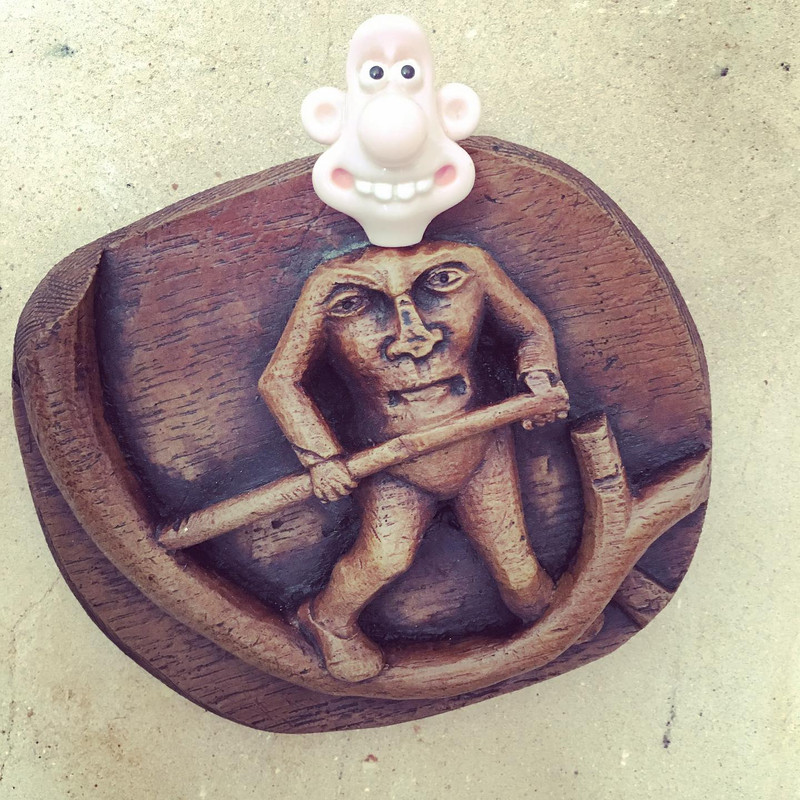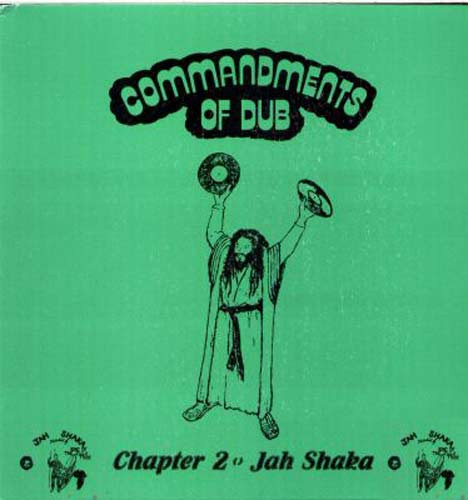- Welcome to Cook'd and Bomb'd.
-
 Time in South Korea that's...
by Consignia
Time in South Korea that's...
by Consignia
[Today at 04:17:39 PM] -
 Old Doctor Who - Part 5
by purlieu
Old Doctor Who - Part 5
by purlieu
[Today at 04:16:16 PM] -
 Record Store Day 2024 Anno...
by kalowski
Record Store Day 2024 Anno...
by kalowski
[Today at 04:14:44 PM] -
 Trans Mania: Graham Linehan...
by extraordinary walnuts
Trans Mania: Graham Linehan...
by extraordinary walnuts
[Today at 04:09:12 PM] -
 Tarantino's Final Film - 'The...
by druss
Tarantino's Final Film - 'The...
by druss
[Today at 04:05:46 PM] -
 I will not have it
by jamiefairlie
I will not have it
by jamiefairlie
[Today at 04:04:31 PM] -
 Tennis 2024
by Deanjam
Tennis 2024
by Deanjam
[Today at 04:04:29 PM] -
 Thirty years to the day Kurt...
by thugler
Thirty years to the day Kurt...
by thugler
[Today at 04:01:33 PM] -
 Life After Oz (the HBO prison...
by badaids
Life After Oz (the HBO prison...
by badaids
[Today at 04:00:12 PM] -
 Real life desolation
by QDRPHNC
Real life desolation
by QDRPHNC
[Today at 03:58:39 PM]
Members
 Total Members: 17,819
Total Members: 17,819 Latest: Jeth
Latest: Jeth
Stats
 Total Posts: 5,578,782
Total Posts: 5,578,782 Total Topics: 106,677
Total Topics: 106,677 Online Today: 1,086
Online Today: 1,086 Online Ever: 3,311
Online Ever: 3,311- (July 08, 2021, 03:14:41 AM)
Users Online
 Users: 93
Users: 93 Guests: 468
Guests: 468 Total: 561
Total: 561 Pavlov`s Dog`s Dad`s Dead
Pavlov`s Dog`s Dad`s Dead cakeinmilk
cakeinmilk Tiggles
Tiggles Virgo76
Virgo76 The Late Mike Morris
The Late Mike Morris Zetetic
Zetetic Currency Cat
Currency Cat Mr Farenheit
Mr Farenheit Minami Minegishi
Minami Minegishi Andy147
Andy147 cheesebot
cheesebot holdover
holdover drummersaredeaf
drummersaredeaf Bronzy
Bronzy daf
daf Jockice
Jockice Poobum
Poobum Fishfinger
Fishfinger MrT
MrT Dr Trouser
Dr Trouser ros vulgaris
ros vulgaris dazed_and_bemused
dazed_and_bemused Dandy21
Dandy21 shoulders
shoulders AliasTheCat
AliasTheCat dontrunyoullfall
dontrunyoullfall TommyTurnips
TommyTurnips Underturd
Underturd Bartholomew J Krishna
Bartholomew J Krishna Gulftastic
Gulftastic Queen Peach
Queen Peach ajsmith2
ajsmith2 Deanjam
Deanjam HMS Beanspiller
HMS Beanspiller Senior Baiano
Senior Baiano katzenjammer
katzenjammer Jack Shaftoe
Jack Shaftoe C_Larence
C_Larence Magnum Valentino
Magnum Valentino mippy
mippy phantom_power
phantom_power Small Potatoes
Small Potatoes BritishHobo
BritishHobo Bentpitch
Bentpitch non capisco
non capisco DelurkedToHelp
DelurkedToHelp BJBMK2
BJBMK2 Jumblegraws
Jumblegraws thevoola
thevoola Hope of Avalon
Hope of Avalon letsgobrian
letsgobrian mr. logic
mr. logic George White
George White Geraint
Geraint Iznik
Iznik chutnut
chutnut Kankurette
Kankurette xtvkvp
xtvkvp Catalogue Trousers
Catalogue Trousers sevenism
sevenism Norton Canes
Norton Canes Mr Balowski
Mr Balowski Matthew Dawkins Jub Jub
Matthew Dawkins Jub Jub Jerrykeshton
Jerrykeshton Bleeding Kansas
Bleeding Kansas Lordofthefiles
Lordofthefiles bigfatheart
bigfatheart druss
druss JesusAndYourBush
JesusAndYourBush BeardFaceMan
BeardFaceMan Nicky
Nicky Mister Six
Mister Six Xander
Xander jamiefairlie
jamiefairlie
